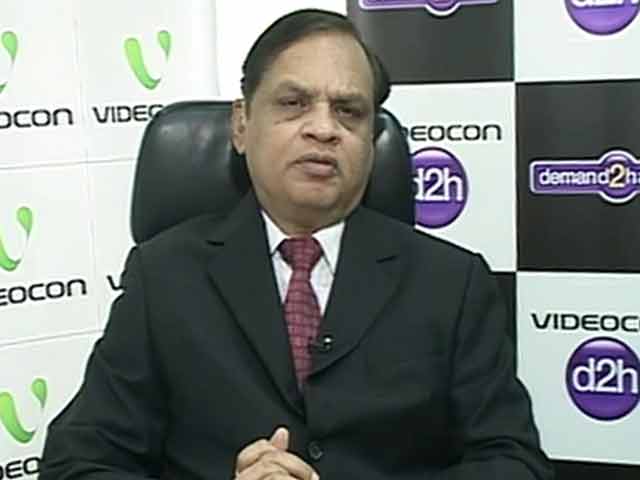Venugopal Dhoot, whose company Videocon Industries is sitting on a debt pile of 39 billion rupees ($579 million) has blamed PM Modi, Supreme Court of India and Brazil for his bad debt. The Videocon group’s core areas of business are consumer electronics and home appliances. It is one of the largest manufacturers of Cathode Ray Tubes (CRT), which is the main component of home televisions. They have recently diversified into areas such as DTH, power, oil exploration and telecommunication. The bankruptcy court has admitted an insolvency petition under the newly adopted Insolvency and Bankruptcy Code (IBC). The creditors were led by State Bank of India (SBI) which has the highest liability over the Videocon Group. The court has ordered the group of creditors to take over the management from the promoters of the company which prompted the company to file an appeal to wrest back control. According to the filing, Modi’s clampdown on cash in November 2016 choked supplies for making cathode ray tube televisions and forced it to shut the business. While its oil-and-gas business got entangled in red tape in Brazil, the telecommunications venture suffered losses after India’s Supreme Court canceled licenses.
The problem with Videocon is that it survived in the age of “crony capitalism” in the Congress-led UPA era, but is facing problems in a rule-based fair play system. Venugopal Dhoot had kept close links with politicians and political parties to get a sweet deal in a crony capitalist system. His brother Rajkumar Dhoot is a Member of Rajya Sabha from a Shiv Sena seat and had been president of ASSOCHAM. According to whistleblower Arvind Gupta, the husband of ICICI Bank CEO had made huge money through some shady deals with Videocon Group’s Venugopal Dhoot, who in turn got Rs 2810 crores worth outstanding loans by ICICI Bank to his Group declared as NPAs. The loan was issued by ICICI Bank in 2012 linked to a possible quid pro quo that Venugopal Dhoot allegedly had with Deepak Kochhar’s NuPower Renewables. CBI is investigating the case with Venugopal Dhoot and Deepak Kocchar (Husband of ICICI CEO Chanda Kocchar) and few others as the prime accused. This clearly shows the shady dealings in which Venugopal Dhoot was involved in during the UPA regime. His group got loans from banks which were later declared as Non Performing Assets (NPAs), and therefore , relieving him of the need to pay back the bank.
According to the filing by the group “Videocon’s energy business failed to get approvals from the Brazilian government to start its equal venture with Brazil Petroleum Ltd. In India, the company lost a revenue source when the top court in February 2012 canceled 156 licenses of various telecom operators.” Now the question is why Videocon involved itself in the 2G spectrum case where licenses were being sold illegally at throwaway prices. If the spectrum was sold on personal relationships rather than as per rules then it was poised to be canceled by the Supreme Court of India. In Brazil, the largest petroleum companies like Petrobras were found to be involved in corruption and the country’s top leaders like President Dilma Rousseff and former president Lula have been accused of graft. Therefore the Brazilian government did not approve its venture because the company with which it had equal venture was also involved in shady business dealings.
Venugopal Dhoot wants to blame others for the losses his company incurred rather than doing some introspection. The company’s shares, which have plunged a whopping 96 percent over the past five years, traded at 7.65 rupees at 12:26 p.m. in Mumbai. His company basically survived due to political connections he had which he used to influence decisions of the government and get a sweeter deal.
The earlier governments were involved in crony capitalism rather than a law based free market, and therefore, he and Videocon were able to survive through political connections. The Modi government made the decision to transform India into a rules-based regime by implementing policies like goods and services tax (GST), debt tribunals, auction of natural resources, installing a regulator for the real estate and so on. This has not gone down well with businessmen like Venugopal Dhoot, and this the real reason behind him accusing Narendra Modi and the Supreme Court of India for the losses of his company.
